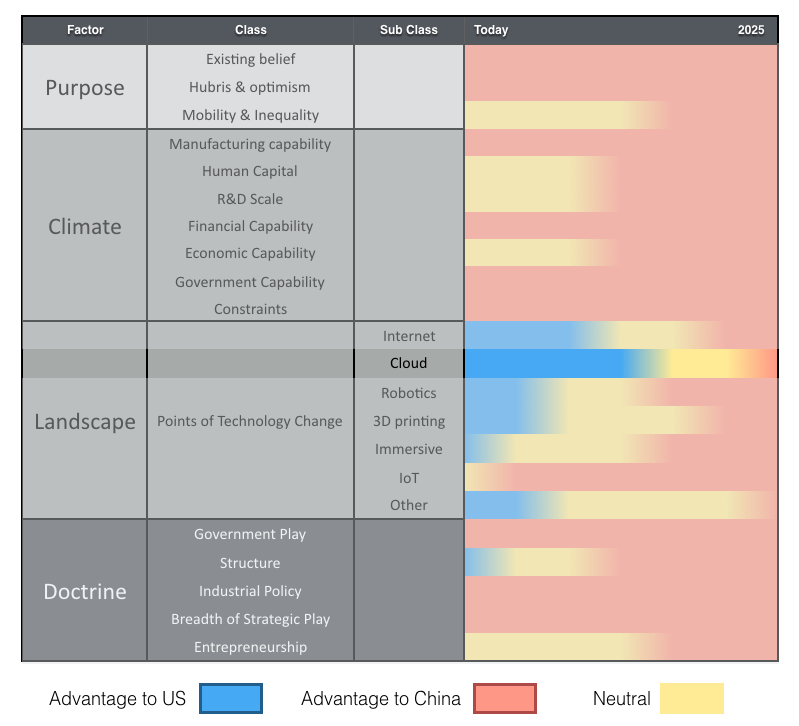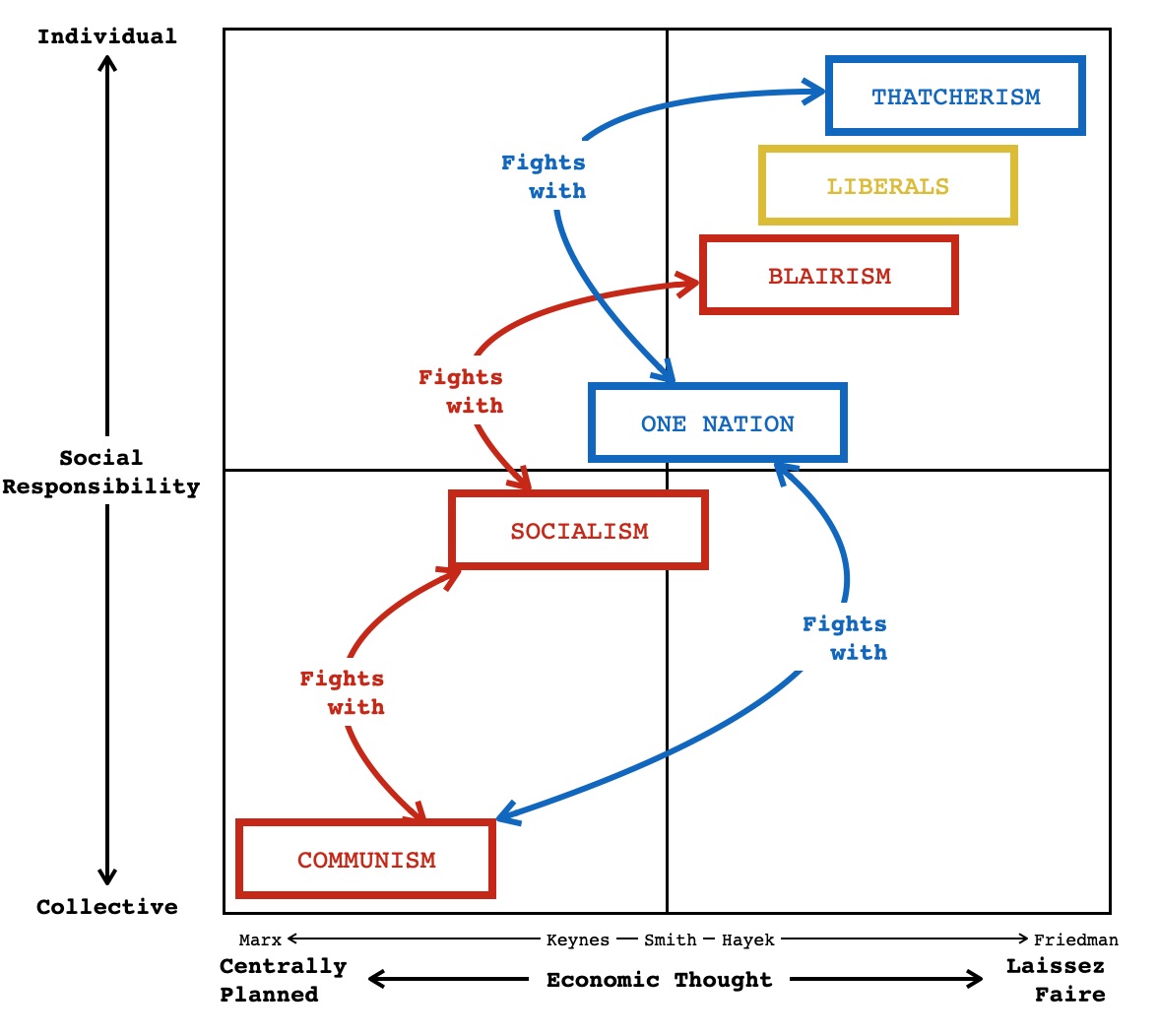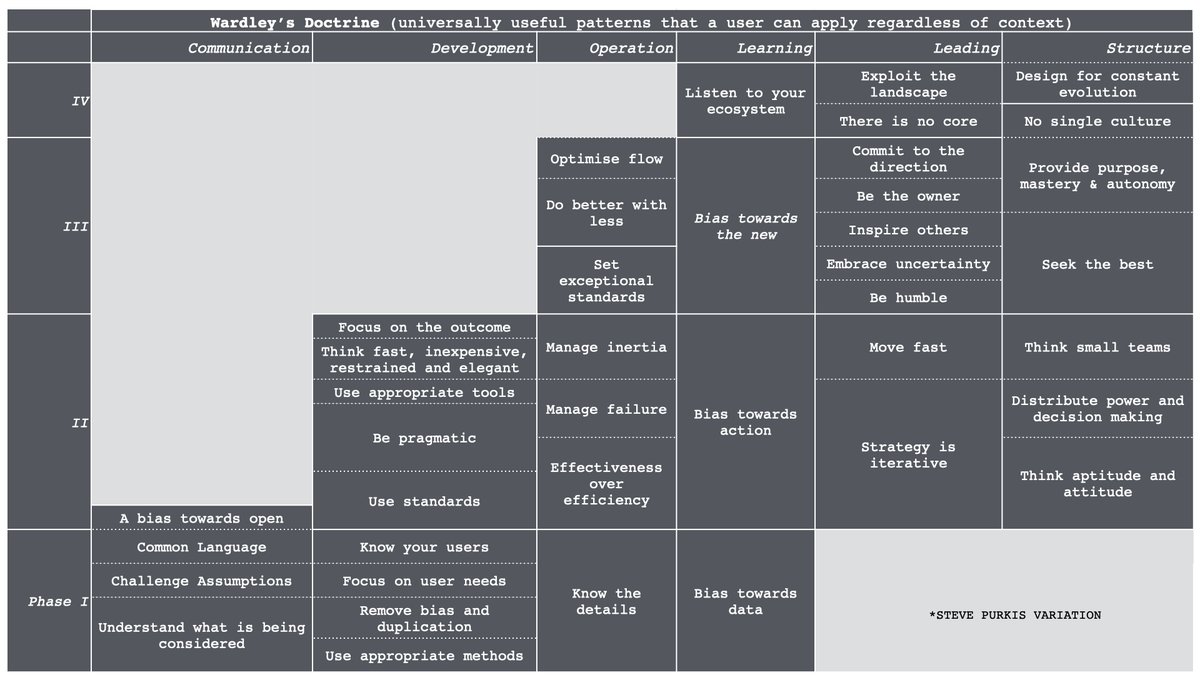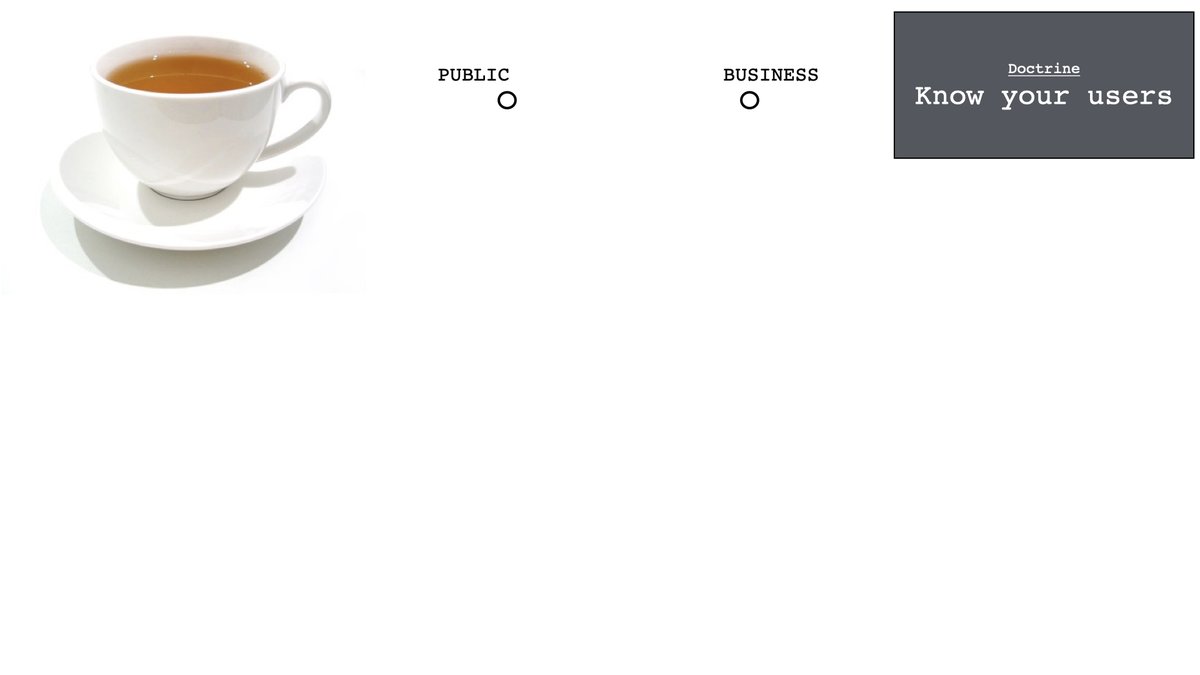
Currently working on Virbela on one screen (with a Miro board) whilst on the other screen Twitter + Teams displays incoming messages. The strange mix of virtual immersion and more "traditional" digital.
I think I'm going to need a third screen.
I think I'm going to need a third screen.
X : What do you need the third screen for?
Me : I like to compartmentalise flows of information. What I'm thinking is immersion (virbela, miro), traditional (twitter + teams) and legacy (email + video conferencing) divide.
Me : I like to compartmentalise flows of information. What I'm thinking is immersion (virbela, miro), traditional (twitter + teams) and legacy (email + video conferencing) divide.
X : You think zoom is legacy?
Me : First online conference that I took part in was around 2007. I know people are being forced into this world (due to the isolation economy) and yes, I find the tool useful ... hell, when it comes to tools, I even have Vim on my desktop but ...
Me : First online conference that I took part in was around 2007. I know people are being forced into this world (due to the isolation economy) and yes, I find the tool useful ... hell, when it comes to tools, I even have Vim on my desktop but ...
... this is a journey and zoom is not the destination. I find it useful for myself to compartmentalise different flows of information, whether the divisions should be something else ... well, I'll adapt and adjust as we move along the path.
• • •
Missing some Tweet in this thread? You can try to
force a refresh










